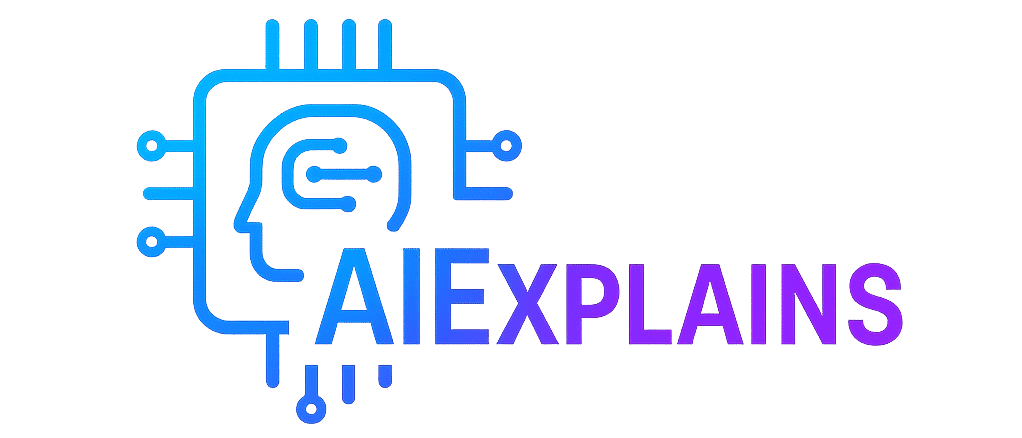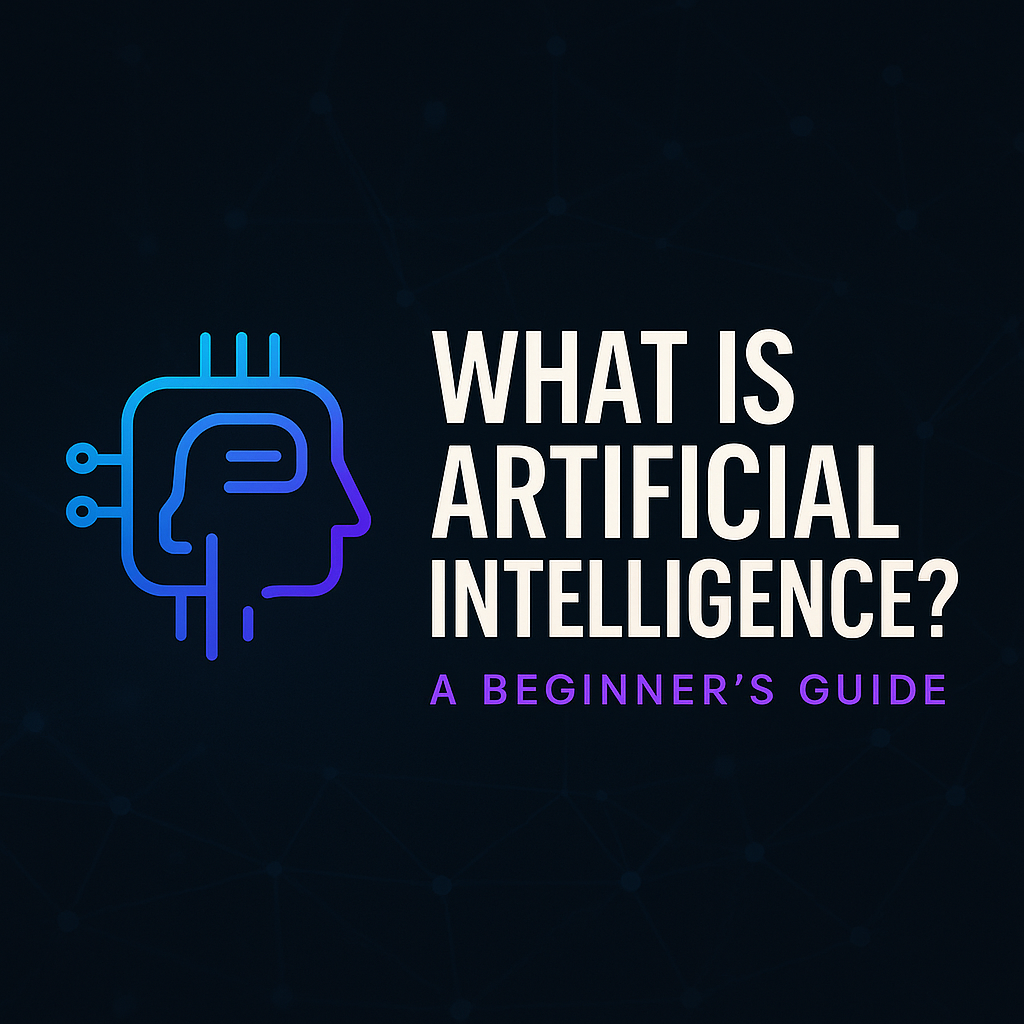🤖 Introduction
Artificial Intelligence (AI) is no longer science fiction — it’s shaping the world around us. From the recommendations you see on YouTube to the chatbot answering your questions, AI is everywhere. But what exactly is it? If you’ve been hearing the buzz and want to understand AI in simple terms, this guide is for you.
🧩 What Is Artificial Intelligence?
Artificial Intelligence refers to machines or software that can mimic human-like thinking, learning, and decision-making. It allows computers to perform tasks that would normally require human intelligence — like recognizing speech, understanding text, making predictions, or even driving cars.
🧠 Key Types of AI
- Narrow AI (Weak AI):
This is the AI we see today — systems trained for a specific task (like ChatGPT, Google Translate, or facial recognition). - General AI (Strong AI):
A hypothetical type of AI that could understand, learn, and apply intelligence across any task — just like a human. - Superintelligent AI:
Theoretical AI that surpasses human intelligence in all aspects. (Still in sci-fi territory… for now.)
🧪 How Does AI Work?
At the core of AI are algorithms — step-by-step instructions machines follow. But AI becomes powerful through machine learning, where the system learns patterns from data instead of being manually programmed for every task.
Example:
You don’t teach an AI every type of spam email. You show it thousands of examples, and it learns to detect spam based on patterns.
📚 Common AI Concepts (Explained Simply)
- Machine Learning (ML): Training machines to learn from data.
- Deep Learning: A type of ML that uses artificial neural networks to mimic the human brain.
- Natural Language Processing (NLP): Teaching computers to understand and generate human language.
- Computer Vision: Enabling machines to “see” and interpret images or videos.
🌍 Real-World Examples of AI
- Voice Assistants: Siri, Alexa, Google Assistant
- Streaming Recommendations: Netflix, Spotify
- AI Chatbots: ChatGPT, customer service bots
- Navigation: Google Maps traffic predictions
- Healthcare: Diagnosing diseases from X-rays using AI models
💬 Why Should You Care About AI?
Whether you’re a student, business owner, content creator, or developer — understanding AI will help you stay relevant in a fast-changing world. The better you understand it, the more you can use it to your advantage.
🚀 Final Thoughts
AI isn’t magic. It’s a powerful tool that’s changing how we live, work, and think. And the good news? You don’t need a computer science degree to understand it. Just curiosity and the right guidance.
So stay tuned — at AIExplains, we’ll help you make sense of the AI revolution, one post at a time.


